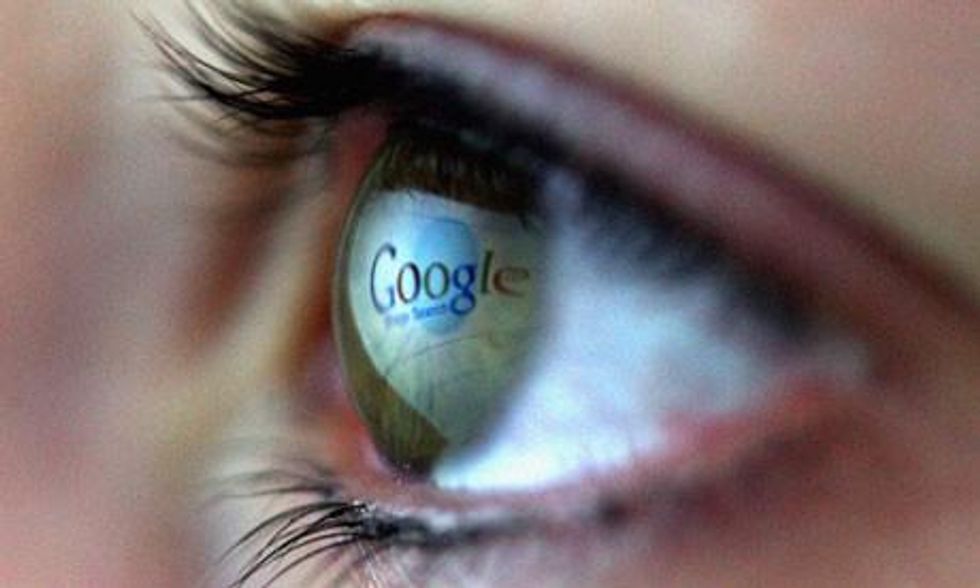The promise, and for several decades the reality, of the internet was decentralization: a network of networks where innovation would take place largely at the edges, not in the center. It was the antithesis of the centralized systems of the communications and media systems that prevailed in the 20th Century.
We are on the verge of losing the internet that held such promise, at least for the near and medium term. Today's federal appeals court ruling in a suit by Verizon against the Federal Communications Commission's already feeble network neutrality rules is only the latest evidence. The court ruling (pdf) will embolden America's rapacious telecom companies, which assert the right to decide what bits of information get to internet users' computers in what order and at what speed, or even if they get to our computers at all.
This was entirely predictable. The Federal Communications Commission (FCC), Congress and several presidents have created a policy and regulatory regime almost designed to limit choice in the long run. The FCC's 2010 "Open Internet Order", shot down by the court on Tuesday, was just one more bad move in a series of missteps. It purported to regulate the carriers in a way that the FCC had earlier ensured could not be done legally, because the commission had freed the carriers from any commitment to behave as the utilities they have become.
The FCC could fix that tomorrow, and thereby slow this rush toward a highly controlled internet. Given the clout of the telecom industry and its well-paid allies, not to mention the timidity, if not culpability, of the policy makers, that's a long shot.
The telecoms have repeatedly promised not to do what is in their obvious best interest: turn the internet into an enhanced form of cable television. You are deluded if you think any American corporation, much less these giants that grew up as government-granted monopolies, will operate for the public interest when that conflicts with their bottom lines and political power. I predict that in a few years, Verizon's statement on Tuesday, promising a commitment to customers' internet access "when, where and how they want" will be seen as a classic in corporate BS.
Besides the carriers, who wins if this decision stands, and if Congress and the FCC don't reverse course? Google will complain bitterly, but it will be one of the winners, because it can afford to be - and, besides, Google already sold out its users on net neutrality in the mobile arena via a deal with Verizon in 2010. Look for deals where telecoms "partner" with Google, Facebook, Microsoft, and big media companies of all kinds.
If you are a smaller company in media or digital services, you lose. Verizon, Comcast, AT&T and the other carriers will inevitably give higher priority to traffic from companies that pay - a double-dipping process for the carriers - and lower priority, if any at all, to the ones that can't or won't pay. If you are an innovator, you lose, because you will effectively need permission from the central players. Facebook didn't need permission to become a behemoth, but the next innovator in social networking will.
Really, though, you and I are the chief losers, because we will pay more and get less than we would have in a more competitive world where we, not the central authorities, make the key decisions about the services and media we want. We won't know what innovation doesn't happen, because it won't be around.
The one positive impact of today's ruling, I hope, is that it will reinvigorate a public debate about our online future. And maybe Congress and the FCC will recognize that we need a course correction. It could start by recalling why the internet grew so fast, so amazingly fast, in the 1990s - because when we had to dial up via phones lines, and the phone company couldn't insist on being the only internet service provider, hundreds of ISPs competed for customers. Then Congress and regulators told the cable and phone companies they could squeeze out, or ban entirely, any competition on "their" lines.
To get the US on a better course, the FCC could classify the telecoms as "common carriers" - a designation that would require them to behave neutrally toward the companies that provide information and services, allowing end users to make the decisions. That would be progress, but it's not enough. It could also become onerous regulation that hinders innovation in its own right.
Eventually, if America is to have truly state-of-the-art broadband, as a number of other countries have done, we will have to recognize that there's little genuine competition among ISPs today. We'll have to accept that there's a natural monopoly in the deployment of fiber optic lines to homes and businesses (or at least to the curb outside). If we allow single companies to build those lines, we will have to require that those companies allow others to provide internet access itself on the lines - sharing them, in other words.
Last week my university hosted a group of journalism teachers from other schools. These professors are planning to help their students appreciate what I call the "startup culture", an entrepreneurial environment that rewards ideas and execution in an always-changing technology and media ecosystem. At the end of our five-day workshop, I implored these educators to learn more - and help their students understand - the impact policy has on what they do today, and what they will be able to do tomorrow. In particular, network neutrality is a linchpin to a future in which tomorrow's media ecosystem will emerge.
It's all about control, I said. If control reverts to the center of the networks, tomorrow's innovators will need permission, and tomorrow's media users will have fewer choices. The court's ruling is a big step backward for the future innovation America supposedly wants.


